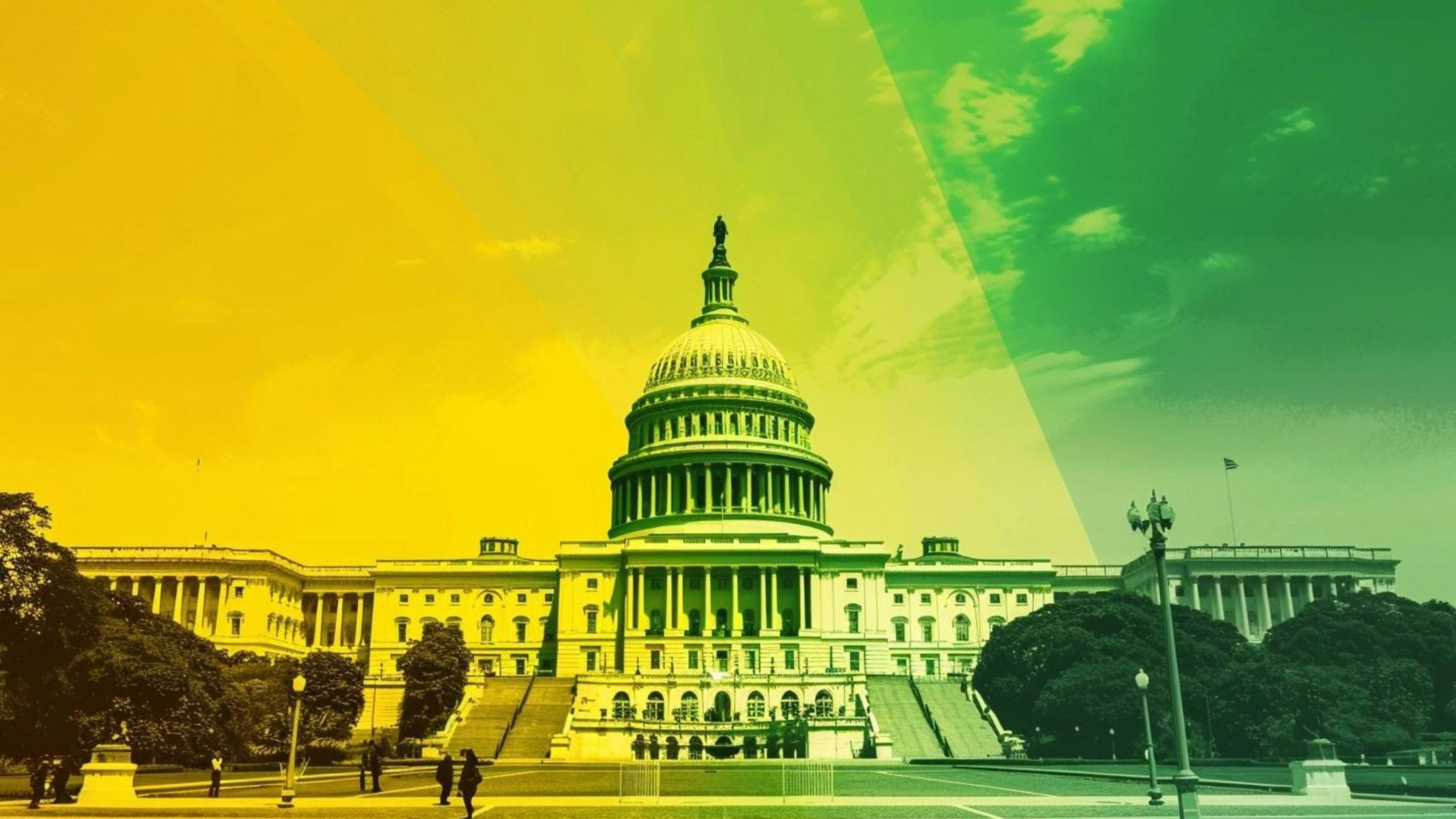A new bill introduced by House Republicans, the No Funding or Enforcement of Censorship Abroad Act (HR 9850), aims to prevent the US government from bankrolling censorship in other countries of content that is legal under US laws.
Chris Smith, Jim Jordan, and Maria Elvira Salazar are behind this draft that they say would protect and promote American values abroad – and those include free speech.
The bill’s authors hope to stop the use of foreign assistance funds to support censorship abroad, as well as US law enforcement from cooperating with authorities abroad conducting such policies.
We obtained a copy of the bill for you here.
The bill specifically singles out Brazil, and Justice Alexandre de Moraes, as an example of censorship under the guise of combating “misinformation,” protecting “election integrity,” etc. It also speaks of US involvement in Brazil’s ongoing suppression of free speech.
The draft mentions 2018 as the year FBI and US Department of Justice agents met with representatives of Brazil’s election court, headed at that time by Moraes, to discuss “efforts by the United States Department of Justice and the FBI to fight ‘fake news’ and ‘protect the integrity of elections’.”
The bill also states that a number NGOs produced censorship recommendations to Moraes, which he implemented. Among them was the Digital Forensic Research Lab (DFRLab), funded by the State Department’s Agency for International Development (USAID).
In order to “counter disinformation abroad” – in Brazil and several other countries, the George Washington University then in 2022 received a $200,000 grant from the National Science Foundation (NSF), which was supported by the US Congress.
In 2023, the USAID-funded Consortium for Elections and Political Process Strengthening (CEPPS) “formed a key partnership with the (Brazil) Superior Electoral Court (TSE) and worked together to discuss censorship strategies,” the bill states.
Other than suppressing a number of opposition figures, journalists, and opponents of the current government at home, Moraes then went after US social platforms X and Rumble in a much-publicized series of events that started in early 2024.
But, the bill’s authors point out, the Biden-Harris White House did next to nothing to protect these companies.
“The Biden-Harris Administration has weaponized US foreign assistance programs and other means to promote censorship in Brazil and crack down on free speech that would be protected under our US Constitution here at home” – this is how the chair of the House Foreign Affairs Committee’s Global Human Rights Subcommittee Chris Smith summed up the situation and the reason to pass the bill and prevent this type of behavior going forward.










